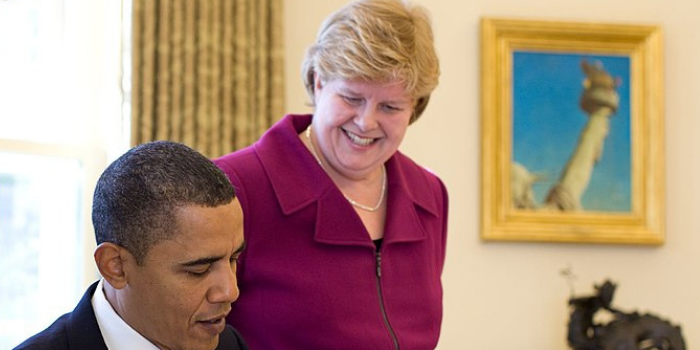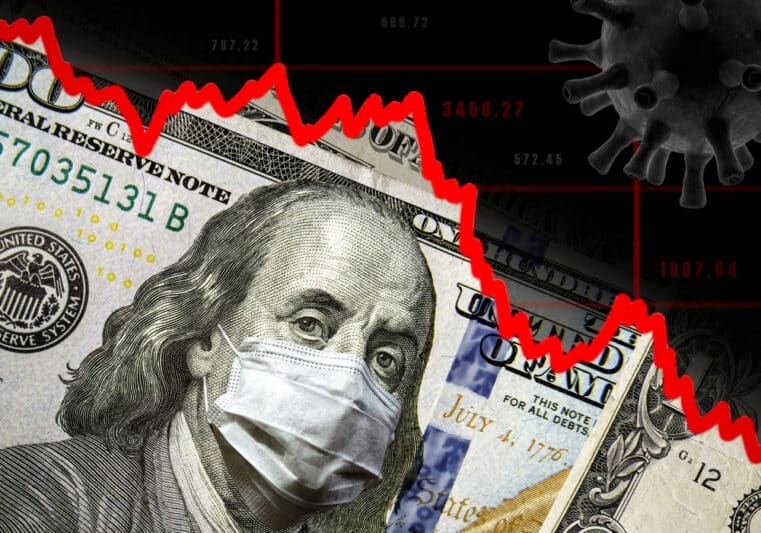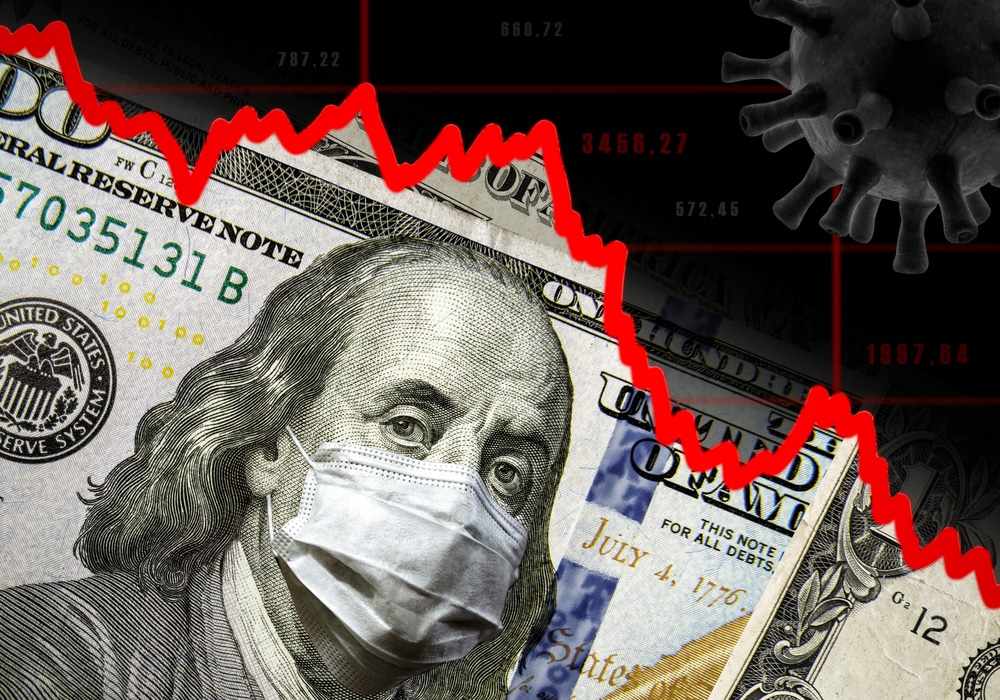
Former Obama Economists' "Let 'em Fall" Message Regarding US Stimulus Payments
EDITOR NOTE: “Let ‘em fall!” That’s virtually the message that former Obama economist Christina Romer has regarding the pandemic stimulus direct payments. "It doesn’t matter if you’re unemployed, or if you’re barely scraping enough funds to feed your household. Although we agree that first responders should receive extra compensation, think of it as hazard pay!" Romer’s claim that direct payments accomplished next to nothing brings up a couple of harsh points that accentuate the difference between austerity and Statism. First off, the payments are predicated on the notion that economic growth is driven by spending vs saving. Most Americans saved. If you think about it, you build wealth through producing and saving, not spending or going into debt. On the other hand, Romer is proposing “austerity” for individuals but not state governments, as only the latter knows how to spend properly. Again, it’s about getting money to circulate at the expense of individual households. In short, your efforts toward building wealth are hurting the economic prospects of the “common good.” It’s all backwards, and it’s a view shared by most economists. The solution: don’t trust mainstream economists. Your savings are already being usurped by the government and central bank through relentless money printing. Protect your funds by hedging your wealth with non-CUSIP gold and silver.
Stimulus checks, which enjoyed widespread public support and were included in the recent economic relief package signed into law by President Donald Trump, are not the best use of taxpayer dollars, a former top Obama administration economist said Sunday.
The first round of stimulus checks sent last year “didn’t do all that much,” were not necessarily fair and didn’t help the sectors that were hurting the most, said Christina Romer, a professor of economics at the University of California, Berkeley. She served as chair of then-President Barack Obama’s Council of Economic Advisers and helped design the government’s response to the 2008 financial crisis.
Most people said they were going to save their stimulus payments or use them to pay down debt.
“So at least I find it unfortunate that the one-time stimulus payments are one of the biggest components, and had a comeback, in the most recent fiscal package,” Romer said during a panel discussion Sunday at the American Economic Association’s annual meeting.
Late last month, Trump signed into law $900 billion in coronavirus financial aid to individuals and businesses. It includes $600 stimulus checks to many Americans. Democrats unsuccessfully pushed to boost the stimulus checks to $2,000 in the waning days of the last Congress after Trump indicated he supported the bigger checks.
Former Treasury Secretary Larry Summers, who worked with Romer in the Obama administration, was heavily criticized last week for saying the $2,000 stimulus checks would be a “pretty serious mistake”
Romer said that the biggest failure in the new relief package is the lack of adequate aid for state and local governments.
“State and local budgets are in just a shamble,” Romer said, with budget shortfalls larger than during the financial crisis. They will likely result in spending cuts across states, she said.
Another failing was that the legislation didn’t fund bonus or hazard pay for essential workers.
“I think that no one doing essential work and exposing themselves to COVID-19 should be doing less well than someone on unemployment insurance,” Romer said.











